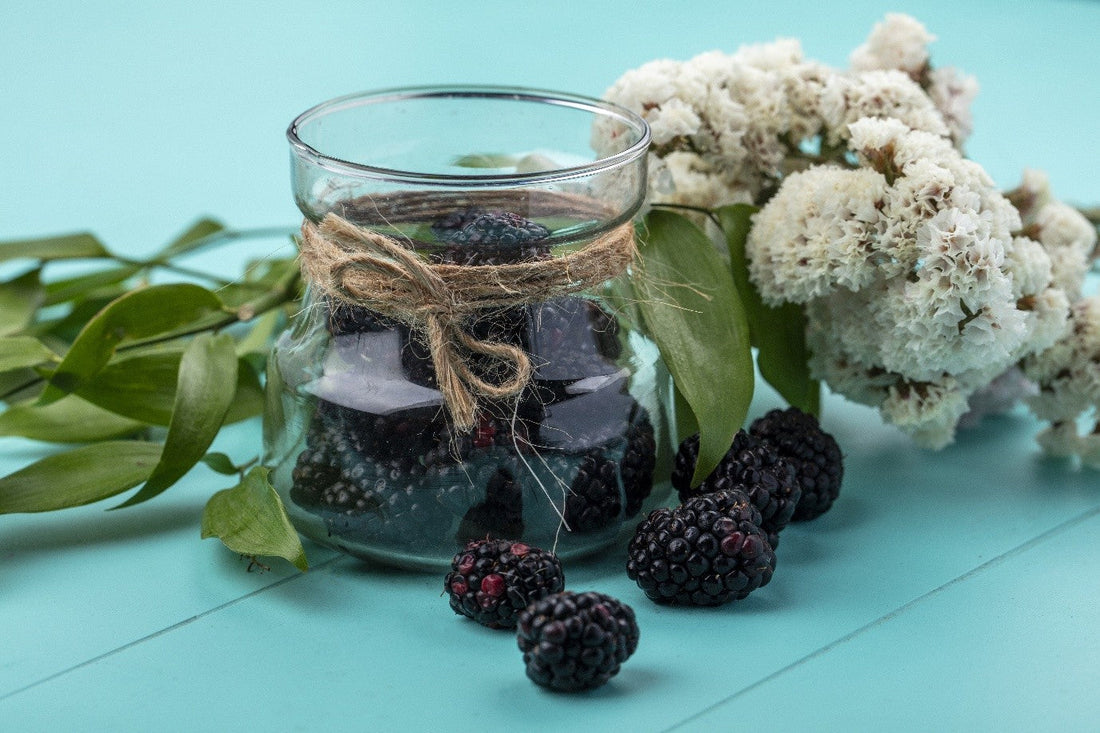
Common Fertilizer Mistakes That Hurt Blackberry Growth
Why Fertilizer Matters for Blackberries
Blackberries are strong, juicy, and productive when cared for properly. Yet, too many gardeners hurt their plants without realizing it. The wrong fertilizer, poor timing, or overuse can stunt growth or reduce fruit yield. Choosing the right blackberry plant fertilizer is a key step for a healthy harvest. Small errors can lead to big problems. Knowing what to do, and what not to do, saves time, money, and disappointment.
Overfeeding Your Plants
It is easy to think more fertilizer is better. Too much nitrogen can make leaves grow fast while berries stay small. Overfeeding also stresses roots. Plants may turn pale or droop. Water can wash excess nutrients into the soil, harming nearby plants. Many growers use fertilizer often but in high amounts. A few gentle feedings work better than heavy doses.
Skipping Soil Tests
Many people guess about their soil needs. Guessing leads to mistakes. Blackberries like slightly acidic soil, usually around 5.5 to 6.5 pH. Soil tests reveal nutrient gaps. Without them, gardeners might add too much phosphorus or potassium while missing nitrogen needs. Testing soil once a year keeps fertilizer use smart. It prevents wasted product and ensures the Fertilizer Concentrate is used effectively.
Read More: Worried About Shipping? How to Safely Buy Blackberry Plants Online
Using the Wrong Type of Fertilizer
Not all fertilizers suit blackberries. Some have too much nitrogen or too little micronutrients. Slow-release fertilizers feed plants over weeks. Quick-release types act fast but risk burn if applied incorrectly. Liquid fertilizers work for younger plants but must be diluted. Gardeners often pick fertilizers by brand rather than nutrient balance. Knowing exact needs keeps plants green, leafy, and fruitful.
Ignoring Application Timing
When fertilizer is applied matters. Feeding at the wrong stage can harm berries. Early spring is best for young canes. Summer feeding helps fruit size but overdoing it can weaken plants for winter. Fertilizing late in the season can prevent hardening of canes, leaving plants vulnerable to frost. A schedule based on plant stage is smarter than random application.
Rushing Fertilizer Absorption
Some gardeners water immediately after adding fertilizer, while others forget to water at all. Both extremes hurt plants. Roots need time to absorb nutrients slowly. Fertilizer should be lightly watered in, not drowned. Overwatering can flush nutrients too fast. Waiting a short period after spreading Fertilizer Concentrate ensures roots get a steady supply. Patience yields stronger plants and bigger berries.
The Role of Fertilizer Concentrate
b is popular for its strong effect. Small doses can feed several plants. But too much can burn roots quickly. It is perfect when diluted and measured carefully. Concentrates save space, cost less in the long run, and give precise nutrition. Gardeners should always follow label instructions and avoid guessing. Proper use encourages growth, flower development, and berry size without harming roots.
Signs Your Blackberry Plants Are Struggling
Spotting stress early helps save plants. Leaves may yellow, curl, or show brown edges. Growth may slow, or berries may appear small and soft. Uneven fruit ripening can indicate nutrient imbalance. Roots may rot if fertilizer burns them. Observing plants weekly allows fast action. Adjusting fertilizer dose, timing, or type can turn struggling blackberries into thriving ones.
Best Practices to Avoid Common Mistakes
Start with a soil test. Pick a fertilizer suited to results. Apply in small, regular doses. Check weather before feeding. Avoid overwatering. Use Fertilizer Concentrate carefully, diluted to recommended strength. Note growth patterns and fruit size. Adjust doses slowly. Documenting your feeding schedule helps repeat success each year. Consistency beats guesswork. Healthy soil and balanced nutrition make thornless blackberries strong, productive, and resilient.
Conclusion
At Doyle's Thornless Blackberry, we know small mistakes cost big results. Fertilizing carefully keeps your blackberries healthy and fruitful. Using the right Blackberry Plant Fertilizer at the right time, in the right amount, makes all the difference. Our advice, products, and expertise help you feed your plants safely and grow delicious berries year after year. Trust us to guide you through feeding, so every plant thrives and your harvest is plentiful.
FAQ
- How can I tell if my fertilizer is too strong for blackberries?
Yellowing leaves, scorched edges, and slowed growth are signs. Always dilute Fertilizer Concentrate before use. - Can I use the same fertilizer for all blackberry varieties?
No. Different plants may need varied nutrient ratios. Thornless varieties often need careful nitrogen management. - How often should I feed blackberries?
Light feeding every four to six weeks during growth is enough. Overfeeding harms roots and fruit quality. - What is the best way to apply fertilizer concentrate?
Mix concentrate as directed. Water it in lightly. Avoid pouring directly on leaves or roots without dilution. - Can overwatering reduce fertilizer effectiveness?
Yes. Too much water washes nutrients away. Apply fertilizer then water just enough to settle nutrients near roots.
